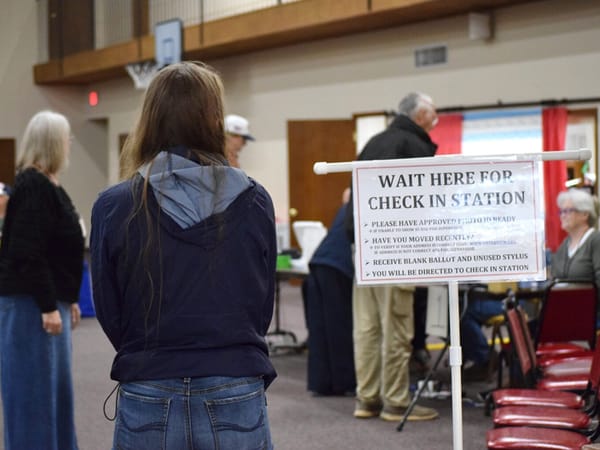Arkansas Looks to the Future with $8 Million Research Initiative
Arkansas Research Alliance launches AR-NETWORK with an $8 million NSF grant to strengthen research, accelerate innovation, and expand STEM career opportunities across the state.

The Arkansas Research Alliance (ARA) is launching a statewide initiative focused on building stronger research infrastructure, accelerating the commercialization of innovation, and expanding opportunities in STEM careers. The program, called AR-NETWORK (Arkansas Nexus for Excellence in Technology, Workforce, Outreach, and Research Knowledge), received an $8 million grant from the National Science Foundation (NSF), as announced on July 21.
The funding comes through NSF’s new E-CORE initiative, making ARA the first organization in Arkansas to receive a grant under this program.
Focus Areas of AR-NETWORK
AR-NETWORK is structured around three main goals. The first is providing seed funding for new research projects, supporting innovative research ventures across the state. The second involves organizing statewide workshops to connect scientists with entrepreneurs, facilitating collaboration and knowledge transfer. The third goal is creating internships and externships for students and teachers through partnerships with Arkansas-based companies.
The initiative brings together academic institutions and nonprofit organizations that have deep insight into Arkansas’s economic and educational needs. AR-NETWORK will also collaborate with more than a dozen private-sector companies in industries such as advanced materials, agricultural technology, logistics, and digital health. These partnerships aim to create a strong platform for innovation and statewide collaboration.
Leadership and Partners
Principal investigator Sarah Burnett Smith, recently appointed program director at ARA, is leading the AR-NETWORK initiative. She works alongside Dr. Doug Hutchings of ARA and a team of co-principal investigators representing key partner institutions. The team includes Dr. David Hinton from the University of Arkansas, Tiffany Henry from the ACC Capital Foundation, Dr. Julie Mikles-Schluterman from Arkansas Tech University, and Dr. Emad Badradeen from the University of Arkansas at Pine Bluff.
ARA President Bryan Barnhouse emphasized the state’s promising growth trajectory. He said initiatives like AR-NETWORK, which bring together talent and resources, can accelerate Arkansas’s advancement in science, technology, and workforce development.
Context: NSF Funding Changes
The AR-NETWORK grant also reflects recent changes in federal research policy. In 2023, the National Science Foundation retired a long-running program that had supported research in more than 30 states since 1979. That program limited each state to one active award and combined funding for research, education, and administration, which often restricted its overall impact.
To better address the evolving needs of states and research institutions, NSF introduced a more flexible funding model. The new structure allows applicants to request support separately for research or administrative purposes, enabling tailored proposals that align with specific goals and challenges. This approach aims to encourage greater innovation by providing states with increased flexibility in funding allocation.
Expected Impact of the $8 Million Grant
Under this new framework, the $8 million awarded to AR-NETWORK is spread over four years. The funding is expected to play a pivotal role in expanding Arkansas’s scientific capacity, fostering innovation, and driving economic growth across the state.
By connecting researchers, students, educators, and private companies, AR-NETWORK is designed to strengthen the state’s research infrastructure and create lasting opportunities in STEM fields, positioning Arkansas for future success in science and technology.





